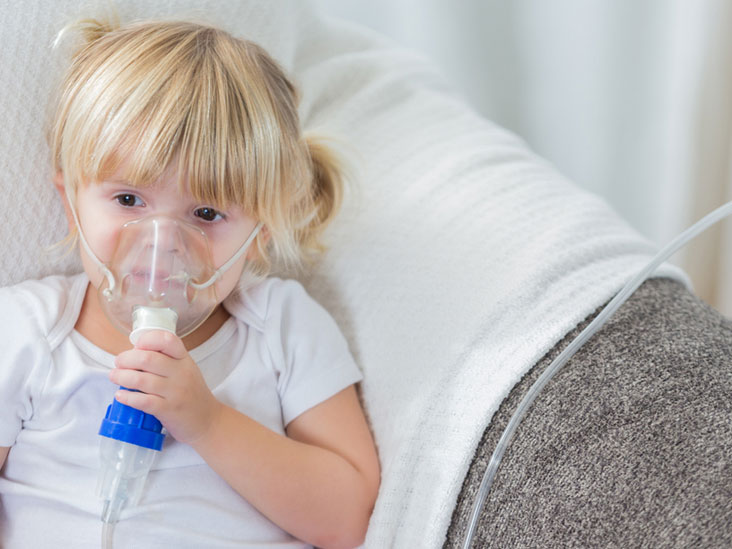Bacterial changes early in life cause cystic fibrosis in kids
Tue 23 Jan 2018, 16:38:15

New York : Bacterial changes begin in the first few years of life leading to the formation of cystic fibrosis, which makes children repeatedly prone to bacterial infections and inflammation and shortens their lifespan, says a study.
Cystic fibrosis is an inherited life-threatening disorder that damages the lungs and digestive system -- the pancreas, liver, kidneys and intestines.
Therapies to break up mucus in toddlers could postpone the increase in bacterial burden as well as offer the best route to a longer life for such patients, the researchers said.
"Lung symptoms in kids with cystic fibrosis are likely due to an increased burden of bacteria. This implies there's an opportunity for early intervention that could dramatically increase the quality of life for these kids," said Matthew Wolfgang, Associate Professor at the University of North Carolina, US.
For the study, published in PLoS Pathogens, the team analysed bacterial DNA in samples of lung-lining fluid gathered from young
children.
children.
While babies with cystic fibrosis who were less than a year old exhibited only a little or no signs of bacteria or inflammation, infants between ages one and two showed significant amounts of bacterial DNA -- which provoke inflammation.
In toddlers aged three to five, the samples contained increasing evidence of more worrisome bacteria, particularly Pseudomonas aeruginosa, Staphylococcus aureus and Haemophilus influenzae -- commonly found in older cystic fibrosis patients with more severe lung disease.
As the bacterial burden worsened, molecular signs of inflammation increased and lung X-ray studies of the children revealed mounting signs of structural lung disease.
"This tells us lung bacterial infections start much earlier than we had expected in children with cystic fibrosis, and these infections are likely the earliest drivers of structural lung disease," Wolfgang said, adding "therapies aimed at breaking up mucus very early in life might be very beneficial to these kids".
No Comments For This Post, Be first to write a Comment.
Most viewed from Health
AIMIM News
Latest Urdu News
Most Viewed
May 26, 2020
Do you think Canada-India relations will improve under New PM Mark Carney?
Latest Videos View All
Like Us
Home
About Us
Advertise With Us
All Polls
Epaper Archives
Privacy Policy
Contact Us
Download Etemaad App
© 2025 Etemaad Daily News, All Rights Reserved.






























